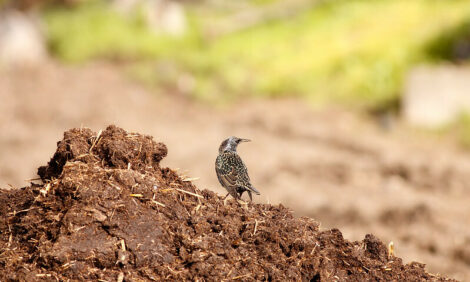



Poultry Antibiotic Use Widespread in NRW
GERMANY - On almost all chicken farms in the German state of North Rhine-Westphalia, birds are fed antibiotics to keep them healthy, something that can cause lasting resistance to medicine in humans, according to a state minister.Johannes Remmel, North Rhine-Westphalia’s consumer protection said the results of a study he commissioned – the first of its kind in Germany – show 96 per cent of the more than 10 million birds in the state have been treated with antibiotics.
"The results have caused me a lasting nausea," he said, explaining that the numbers vastly exceed previous estimates and are likely similar nationwide. He said government should put in place stricter regulations of the practice in order to protect consumers.
According to The Local, the German Farmers’ Association and the German Poultry Association, both of which represent poultry producers, have launched an initiative to reduce antibiotic use in chickens by 30 per cent in the next five years.
However, the groups added in a statement, poultry currently remains "safe to eat."
According to German law, antibiotics are only supposed to be given to sick animals and officials have promised in the past to control their use more carefully.
But although their use in pigs and cattle has been tracked since the beginning of the year, chickens are not included in the central database.
Mr Remmel said industry leaders have long led consumers to believe that antibiotic use in animals was an exception.
"Now we have it in black and white," he said. "Use of antibiotics is the rule."
The absorption of excessive amounts of antibiotics can lead to drug resistance, making it impossible to treat serious disease, Mr Remmel said.
According to the Robert Koch Institute, more than 15,000 people die in Germany each year due to bacteria resistant to drugs.








